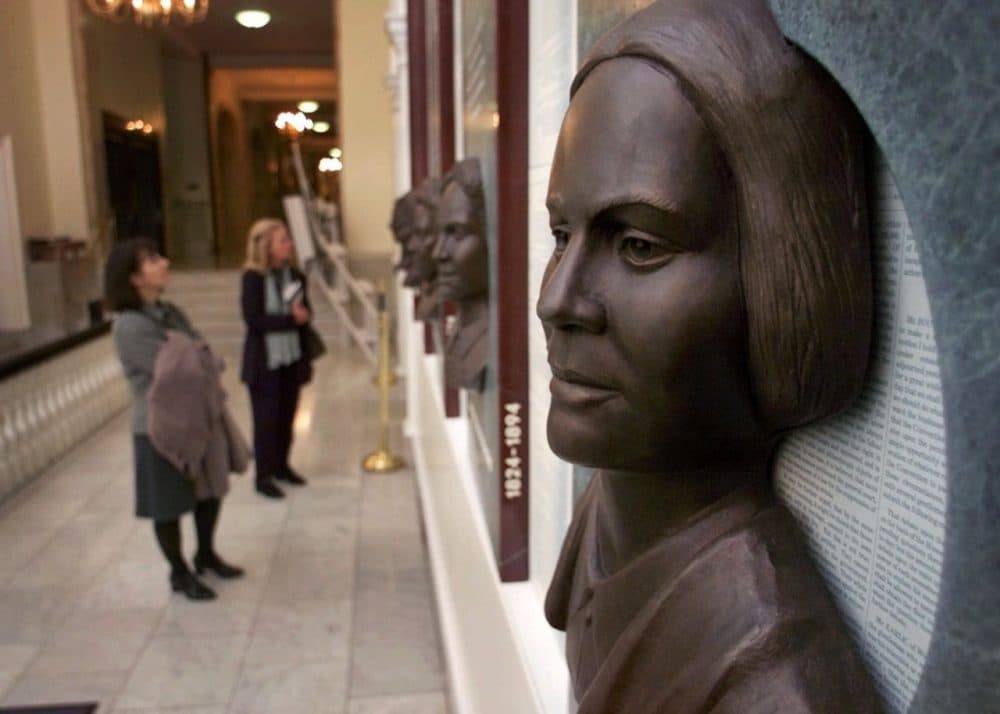Advertisement
Why Has History Forgotten Massachusetts Women's Rights Leader Lucy Stone?

In the pantheon of those who fought for women's rights — and particularly the right to vote — a few names stand above the rest: Lucretia Mott, Elizabeth Cady Stanton and, of course, Susan B. Anthony.
But, as Sally McMillen argues in a new book, there's a fourth name that deserves to be considered among the great: Lucy Stone. Stone was from West Brookfield, and became the first woman from Massachusetts to earn a college degree. It was her career after that which made her one of the greats.
Sally McMillen will be discussing her new book Monday at the Massachusetts Historical Society.
Guest
Sally McMillen, professor of history at Davidson College and author of the new book "Lucy Stone: An Unapologetic Life." She tweets @mcmillen_sally.
More
The Los Angeles Times: A New Book Places Lucy Stone At Forefront Of Women's Suffrage
- "Stone, a contrarian by nature, decided to make her living as a public speaker in support of abolition and women's rights. Because a woman on stage was a 'novelty' to audiences of the day, Stone was booked only as warm-up act for famous abolitionists like Wendell Phillips. Slavery was the dominant issue of the time, but the women's rights movement was finding its footing."
This segment aired on November 23, 2015.